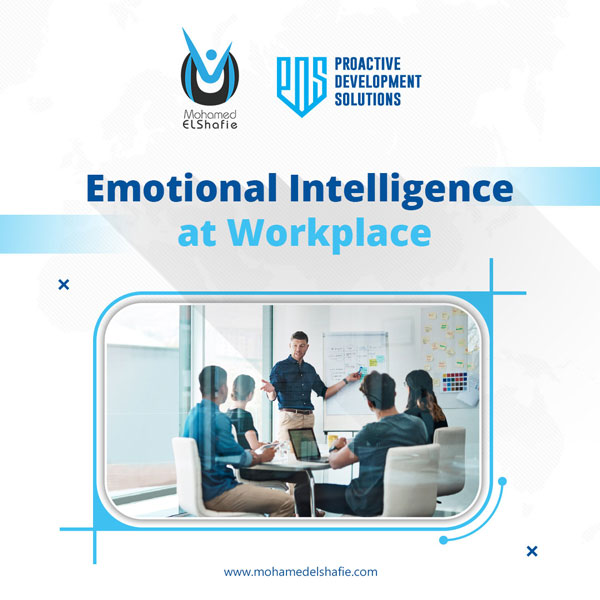Program Brief
Do you want to boost your productivity, enhance your communication skills, and build positive relationships at work? Then the Emotional Intelligence at Workplace training program is for you.
According to the Forbes Business Council, workplaces that embrace emotional intelligence (EI) benefit from up to 400% higher retention, employees who feel 50% more inspired, a 50% reduction in lost-time accidents, and a 40% increase in productivity.
The World Economic Forum’s “Future of Jobs Survey 2020” also ranked emotional intelligence among the top skills for 2025. Employers now consider EI a crucial indicator of a candidate’s ability to collaborate, adapt, and thrive within company culture.
Through this practical and interactive training, you’ll gain essential skills to understand your own emotions, regulate your responses, and connect more effectively with others. You’ll develop your self-awareness, self-regulation, social awareness, and relationship management—and apply them in real scenarios to build a healthier, more productive workplace.
Don’t miss this opportunity to unlock the power of your emotional intelligence. Join us today.
Program Learning Objectives
This program addresses various levels of learning, from foundational knowledge to critical thinking and problem-solving, ensuring participants can apply emotional intelligence skills effectively in the workplace.
By the end of this program, participants will be able to:
-
Recall the four core components of Emotional Intelligence
-
Describe how these components contribute to workplace success
-
Identify at least three types of emotions and explain their impact on behavior
-
Implement EI in real-world work scenarios
-
Differentiate how emotions affect workplace behavior
-
Choose at least two strategies for regulating emotions
-
Demonstrate active listening and empathy to build strong relationships
-
Apply EI principles to situations involving stress, diversity, and difficult conversations to resolve workplace conflicts
Program Outline
This training can be delivered as an interactive workshop with practical activities, discussions, case studies, and role-playing to help participants internalize EI skills.
Emotional Intelligence Skill Areas
1. Self-Awareness
-
Recognizing your own emotions
-
Understanding personal emotional triggers
-
Identifying different types of emotions
2. Self-Regulation
-
Managing emotional reactions
-
Coping with stress and anxiety
-
Developing personal resilience
3. Self-Motivation
-
Understanding motivation types
-
Enhancing and maintaining self-motivation
4. Social Awareness
-
Understanding others’ emotions
-
Developing empathy and perspective
5. Active Listening
-
Practicing full attention and reflective listening
-
Strengthening emotional connections
6. Relationship Management
-
Building trust and positive relationships
-
Communicating effectively under pressure
